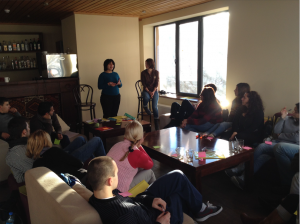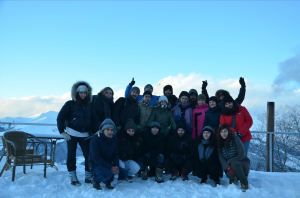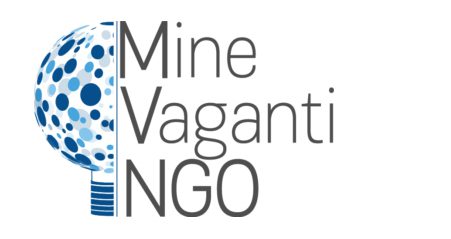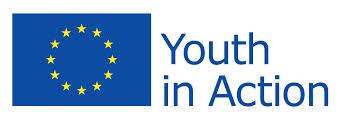Rural Change Lead the Path


“Rural change – Lead the path!” has been a MVNGO’s Training Course (TC) that aimed to gather in Mestia, Georgia, 25 participants/experts from 10 countries.
There were 6 full working days.
Organisers and Trainers developed participants’ skills, knowledge and attitudes concerning how to involve youth people living in the rural area in policy-making processes in order to face off youth unemployment.
2013 was the year of the active citizenship therefore the purpose was to face off the sense of isolation encouraging new (green) entrepreneurial idea in the rural areas.
Learning objectives of the TC were:
1. To increase the participation of rural youth in the social life of their community;
2. To develop the capacities of elaborating and implementing international youth projects (YIA);
3. To explore eco-education approach as a tool for non formal education recognition.
This project raised awareness on the situation of european villages and offered the opportunity to meet possible partner groups which may influence the rural areas at different levels, providing them the access to tools which have an impact on the communities they live in.
All of the participants were challenged to reflect critically upon themselves, upon the rural communities and upon their role and potential in their development.
The big problem many countries faced was the underdevelopment of rural localities.
Rural localities are losing population. Youngsters from villages leave their homes in favor of big cities.
As active young citizens represent the key resource for the development of the society, the countryside is left with no chances for recovery while youngsters continue to leave.
The message to convey is: “Do not follow where the path may lead. Go instead where there is no path and leave a trail” (Harold R. McAlindon).
Organisers believe that especially the European youth sector can and will benefit from projects like this one enormously in future years. Therefore we wanted to invest time, capacity and resources to share best practice examples and work with other young Europeans to create change in what concerns the perception of rural communities.
Organisers and Trainers succeded in:
– Discussing how we can provide more support to the youth from the countryside, how can we provide them/us with more interesting opportunities;
– Motivating and instructing the youngsters in the area of rural development, through building networks, as well as indirectly;
– Through discussions, reflecting on how to raise awareness in the business and governmental sector abut what concerns support for youth living in the rural areas.
We believe that non-formal education is an ideal tool to develop the potential, the skills and abilities of the participants so that they could act as multipliers and create impact in the communities they live in.
A combination of different creative and interactive methods were used by the Trainers team and designed upon the profile of participants.
Some of the examples of methods that were used in this TC: – theoretical inputs, compass/salto sessions, individual/group activities, group exercises, work on examples in a small group, case studies, real attempt.
The entire course was designed as a mutual learning situation in which, using diverse methods, participants were able to compare their approaches and experiences with environment as the key resource to capitablize upon.
The Trainers established a theoretical framework and common reference points for learning and communication in this course, and they will also provide a framework where participants will be able to experience.
The course methodology foreseen direct involvement of the organisations that were present at the TC.
The TC sessions were held by 2 international trainers with huge experience in the youth field and non-formal education, Nona Balavadze from Alliance For Society Advancement (ASA) from Georgia and Roberto Solinas from MVNGO.




